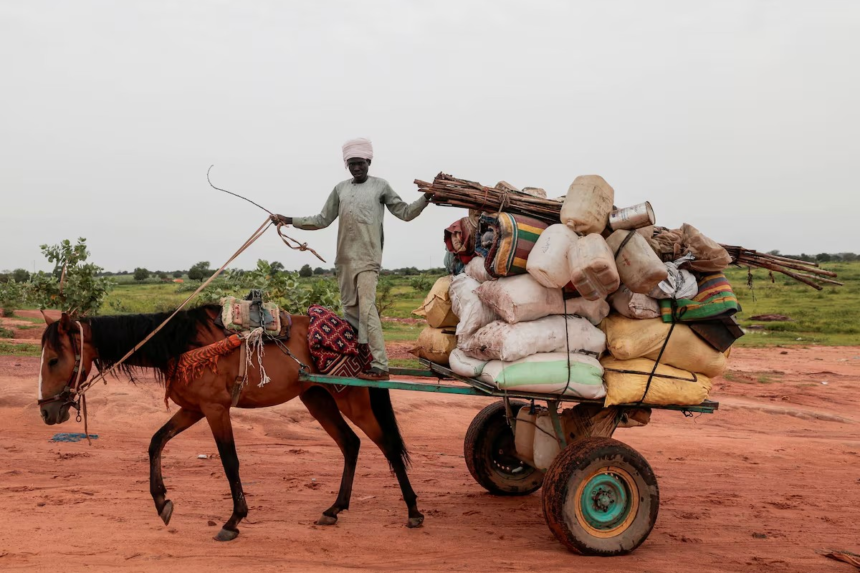Sudan Extends Use of Adre Border Crossing for Humanitarian Aid
The sovereign council of Sudan announced on Wednesday that it would be extending the use of the Adre border crossing with Chad, a crucial route for aid agencies to deliver food and supplies to regions at risk of famine in Darfur and Kordofan. This decision comes in the wake of a dire situation where over 25 million people in Sudan are facing acute hunger, with some areas on the brink of famine.
Earlier this year, experts highlighted the urgent need for humanitarian aid in parts of Sudan, particularly in the Darfur region where ongoing conflicts between the Sudanese army and paramilitary forces have exacerbated the food crisis. The closure of the Adre border crossing in February had hindered the delivery of vital assistance to those in need.
Despite concerns raised by government members about the potential misuse of the crossing by the Rapid Support Forces (RSF) to smuggle weapons, the Sudanese army does not have physical control over the Adre border, which is under the jurisdiction of the RSF. Aid agencies have been relying on this route for more efficient delivery of supplies compared to other border crossings.
Since the reopening of the Adre border crossing in August, aid organizations have been able to send over 300 trucks carrying supplies for more than 1.3 million people in Sudan. The World Food Programme recently transported a convoy of 15 trucks with food and nutrition for 12,500 individuals in the famine-stricken Zamzam camp through Adre.
Despite challenges posed by the rainy season and damaged infrastructure, aid continues to flow through the Adre border crossing, providing a lifeline for vulnerable populations in Sudan. The decision to extend the use of this vital route underscores the importance of international cooperation in addressing humanitarian crises and ensuring that aid reaches those most in need.






